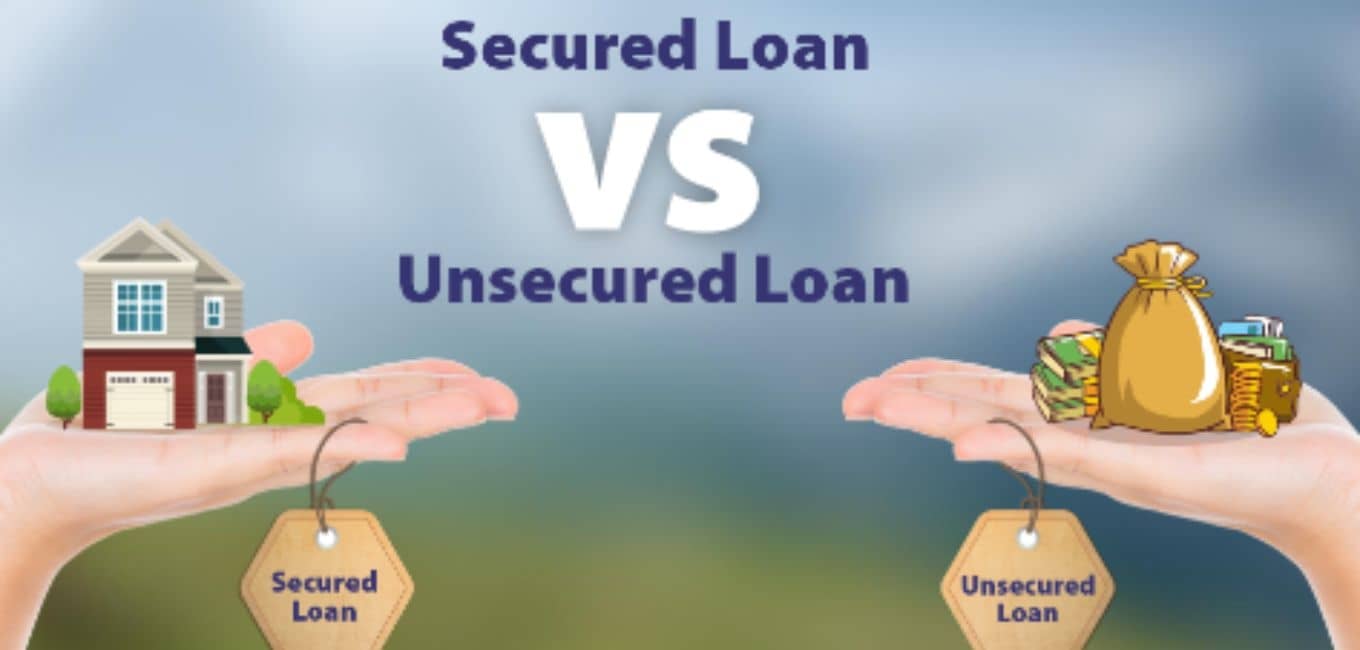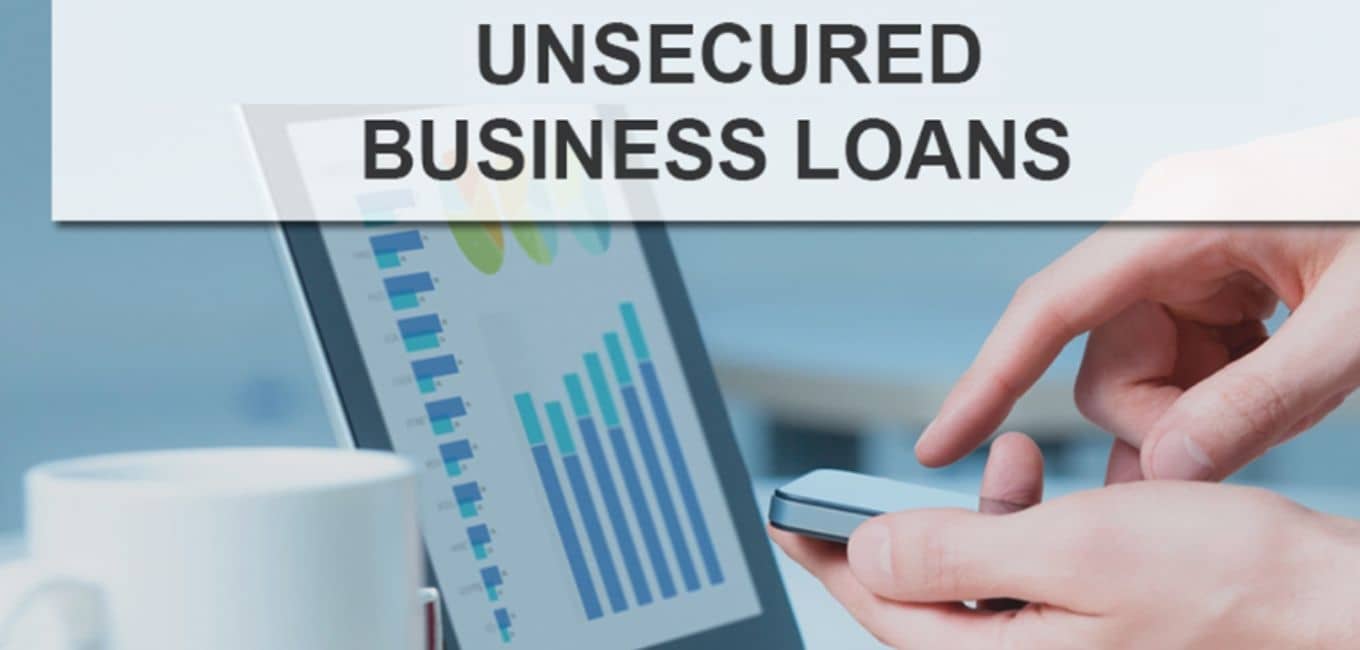Welcome to the world of small business loans! As an entrepreneur, you may be wondering whether these loans are secured or unsecured because it’s a fast-changing economy. You can get the right answer by several factors, including the size and nature of your business, your credit history, and the lender’s requirements.
But before we dive into the specifics of small business loans, let’s take a step back and talk about personal loans. Is the personal loan secured or unsecured? If so, you may be wondering whether it’s secured or unsecured.
So, dear reader, let me ask you: do you know if a personal loan is secured or unsecured? If not, stick around and we’ll explore the differences between these two types of loans and what it means for you as a borrower. And, for those interested in small business loans, we’ll also discuss whether they are typically secured or unsecured or if a small business loan is fixed or variable.
In this article, we’ll discuss the difference between these two business loan types secured and unsecured loans, their conditions, advantages, and disadvantages which will lead you to the right way which must be profitable according to interest rates and business type. Let’s get started!
Difference between Secured and Unsecured Business loans
Secured Business Loan
A secured business loan is a type of loan that requires collateral to be pledged as security for the loan. Collateral can be any asset that has value, such as property, inventory, equipment, or accounts receivable. By pledging collateral, the borrower reduces the risk for the lenders and increases their chances of approval for the loan.
If the borrower defaults on the loan, the lender has the right to seize the collateral and sell it to recover their losses. Because of the added security of collateral, secured loans typically have lower interest rates and longer repayment terms than unsecured loans.
However, it’s important to note that the collateral used to secure the loan is at risk if the person can’t repay the loan on time. Therefore, it’s essential to weigh the potential benefits and risks of a secured loan carefully and ensure that the business has a solid repayment plan.
Unsecured Business Loan
An unsecured business loan is a type of loan that does not require collateral to be pledged as security for the loan. Instead, the lender relies solely on the creditworthiness and financial history of the borrower to determine their ability to repay the loan.
Because unsecured loans do not require collateral, they typically have higher interest rates and shorter repayment terms than secured loans. This is because the lender takes on a greater risk by providing a loan without any security.
To qualify for an unsecured business loan, the borrower usually needs to have a good credit score and a strong financial history. The lender may also require the business to provide financial statements, tax returns, and other documentation to demonstrate their ability to repay the loan.
While unsecured loans may be more accessible and easier to obtain than secured loans, they also come with a higher risk of default for the lender. This can result in more stringent qualification requirements and higher interest rates for the borrower. Therefore, it’s important to carefully consider the pros and cons of an unsecured loan and ensure that the business has a solid repayment plan.

Is small business loan installment or revolving?
Small business loans can be either installment or revolving, depending on the type of loan.
An installment loan is a loan that is repaid in fixed monthly payments over a set period. This is a common type of loan for small businesses, as it allows them to plan and budget for regular payments.
A revolving loan, on the other hand, is a type of loan that allows the borrower to draw funds as needed, up to a predetermined credit limit. The borrower can use and repay the funds multiple times, much like a credit card. Revolving loans are often used for short-term financing needs, such as covering cash flow gaps or unexpected expenses.
Is a payday loan secured or unsecured?
A payday loan is typically an unsecured loan. It does not require collateral to be pledged as security for the loan. Instead, the lender relies on the borrower’s income and credit history to determine their ability to repay the loan. However, payday loans are known for their high interest rates and fees, which can trap borrowers in a cycle of debt. Therefore, it’s important to carefully consider the potential risks and alternatives before taking out a payday loan.
Is a credit card loan secured or unsecured?
A credit card loan is typically an unsecured loan. It does not require collateral to be pledged as security for the loan. Instead, the lender relies on the borrower’s creditworthiness and ability to repay the loan based on their credit history, income, and other factors. However, credit card loans often come with high interest rates and fees, which can add up quickly and make it difficult to pay off the debt.
Is an auto loan secured or unsecured?
An auto loan is typically a secured loan. The loan is secured by the vehicle itself, which serves as collateral. If the borrower fails to repay the loan as agreed, the lender has the right to repossess the vehicle to recover their losses. Because auto loans are secured, they typically have lower interest rates and longer repayment terms than unsecured loans. Usually, people ask if an auto loan is fixed or variable. So, Auto loans can be either fixed or variable, depending on the terms of the loan.
A fixed-rate auto loan has an interest rate that remains the same throughout the term of the loan, providing borrowers with a predictable monthly payment and allowing them to plan and budget accordingly. A variable-rate auto loan has an interest rate that can fluctuate over the term of the loan, based on changes in the market.
Pros of Secured loans
Pros
- Lower interest rates
- Longer repayment terms
- Larger loan amounts
- Improved chances of approval
- Flexibility
Cons
- Risk of losing collateral
- Longer application process
- Limited flexibility
- Higher fees
- Credit impact
Pros of Unsecured Loans
Pros
- No collateral required
- Faster approval process
- More flexibility
- Lower risk
Cons
- Lower loan amounts
- Shorter repayment terms
- More stringent eligibility requirements
- Personal guarantees
Are Small Business Loans Secured or Unsecured – FAQs
Conclusion
This article consists of experts’ tips and professional experience to give you the best advice. So, small business owners have a range of financing options to choose from, including secured and unsecured loans.
Secured loans provide more security for lenders and often come with lower interest rates, longer repayment terms, and higher loan amounts. On the other hand, unsecured loans can be faster to obtain, more flexible in their use of funds, and don’t require collateral.
Here you can easily find personal loans secured or unsecured. When considering a small business loan, it’s important to evaluate the business’s financial needs, repayment ability, and risk tolerance, as well as the lender’s requirements and terms. Seeking the advice of a financial expert or professional can also help navigate the small business loan landscape and making informed decisions.

